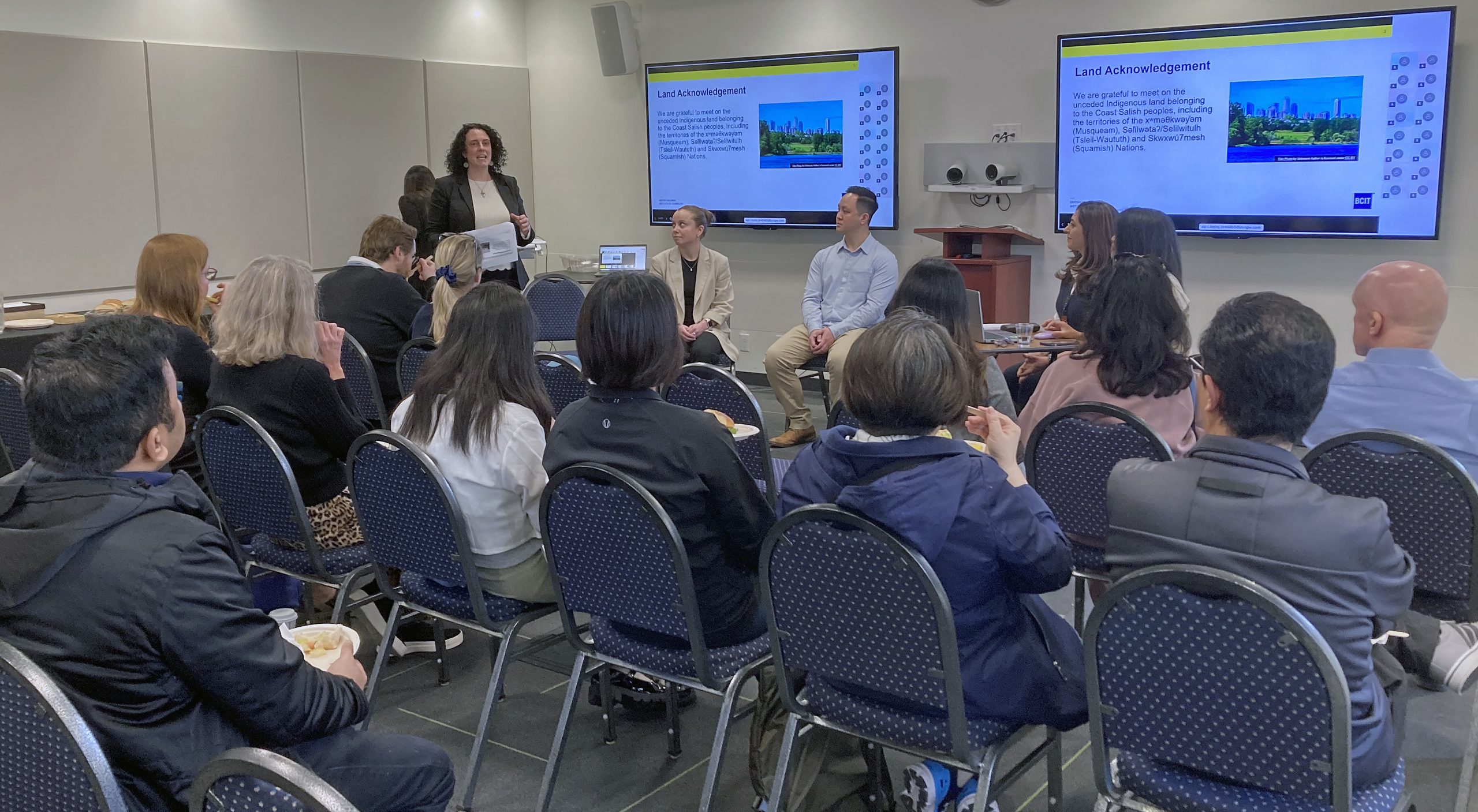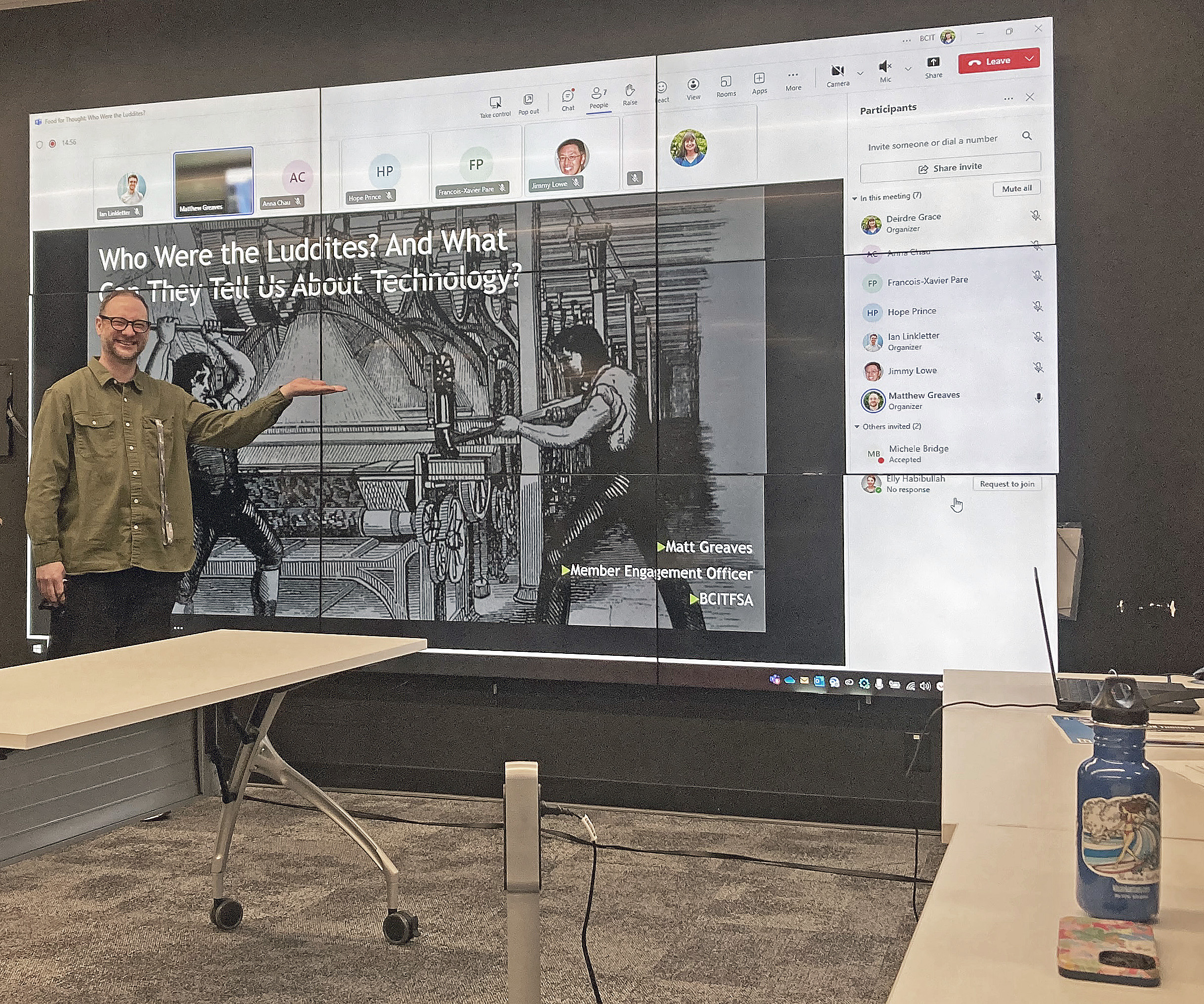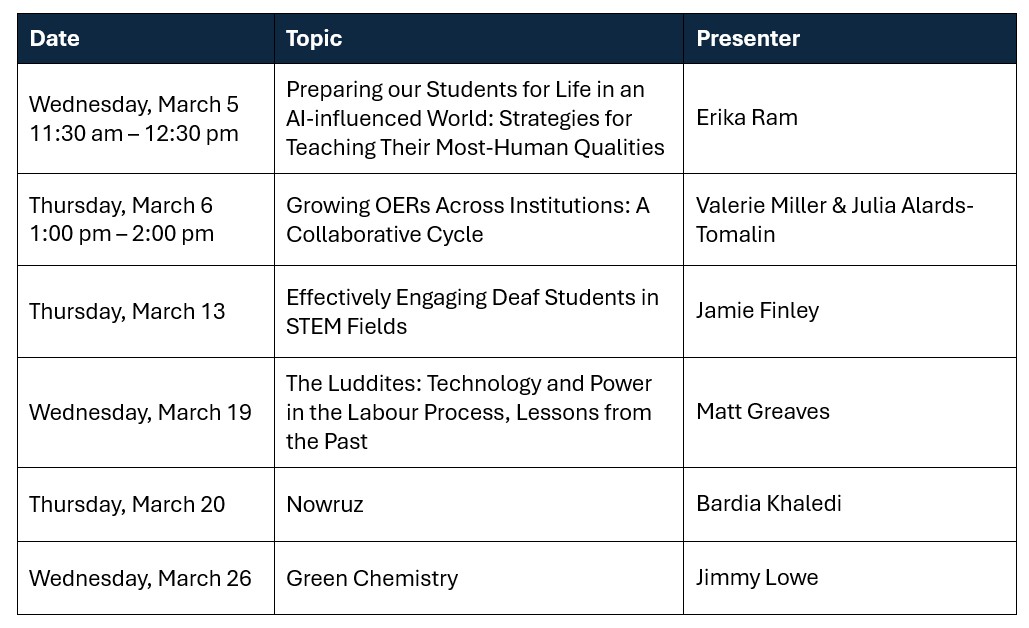
The Library and the Learning and Teaching Centre are pleased to announce a fall series of Food for Thought sessions on assessment. There are three sessions in all, with one offered each month from September to November. Topics are based on feedback gathered during Ed Plan consultations and will support us in the area of designing and delivering valid, authentic, and meaningful assessment. Dates and times are listed below. Mark your calendars now so you don’t miss out!
- Thursday, September 25, 12:30–1:30 pm: Design Basics and AI
- Thursday, October 30, 11:30–12:30 pm: Group Assessments
- Thursday, November 27, 11:30–12:30 pm: Rubrics
NOTE: This series on assessment requires registration. Participants will be able to join either in-person (up to 25 people) or online (unlimited). Please click each session title in the table above to register on the libcal page.
If you cannot attend the sessions, recordings are available a few days after the session on MediaSpace. For more information about Food for Thought, please contact Ian Linkletter, Michele Bridge, or Deirdre Grace.
Note: Food for Thought sessions are now held in Town Square C.
Food for Thought sessions are hosted by BCIT Library and the Learning and Teaching Centre throughout the academic year, and are opportunities for faculty and staff to showcase research, learning and teaching practice, student support services, and innovation at BCIT. The sessions are hosted on Teams and in-person in Town Square C (where a light lunch is provided). A calendar of upcoming sessions and recordings of previous sessions are available on the Library Food for Thought SharePoint page.
Get updates to LTC News by joining LTC News | Teams channel.

 Ever call yourself a Luddite? Do you know where the term comes from?
Ever call yourself a Luddite? Do you know where the term comes from? For more information, please see the
For more information, please see the